SES Methods
This page comprises 28 tabs, describing different categories of SES methods.
SES Foundations
SES datasets
CONTRIBUTE
These pages are based on the Routledge Handbook of Research Methods for Social-Ecological Systems, which provides more detailed information on each method.
The methods tabs are grouped into three sets:
(a) methods for data generation and systems scoping,
(b) methods for knowledge co-production and effecting systems change, and
(c) methods for analysing systems.
Generally each of these 28 chapters/tabs comprises a set of related methods, rather than an individual method.
Each tab below provides a concise overview of the set of methods, in the format of a summary video, as well as summaries of specific methods, case studies which illustrate the method in action, and labs/activities, which give an example of a teaching activity relating to this group of methods. Tips and tricks are provided on some of the pages, where relevant.
Methods for data generation and systems scoping
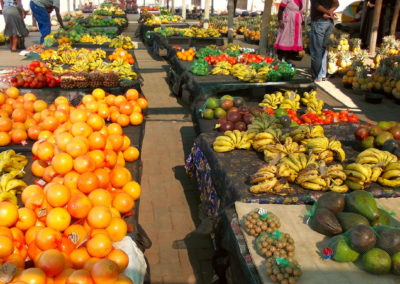
Systems Scoping

Ecological Field Data Collection

Interviews and Surveys

Participatory Data Collection
Methods for knowledge co-production and effecting system change

Facilitated Dialogues

Futures Analysis

Scenario Development

Serious Games

Participatory Modelling

Resilience Assessment

Action Research
Methods for analysing systems – system components and linkages

Expert Modelling

Data Mining and Pattern Recognition

Statistical Analysis

Qualitative Content Analysis

Comparative Case Study Analysis

Controlled Behavioural Experiments
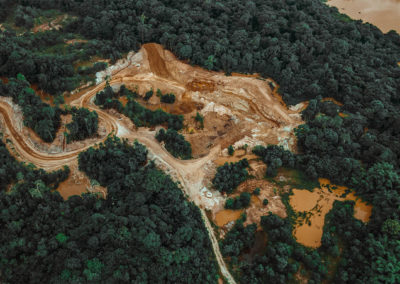
Institutional Analysis
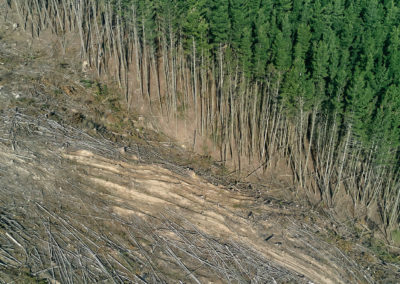
Network Analysis

Spatial Mapping and Analysis
Methods for analysing systems – system dynamics

Historical Assessment

Dynamical Systems Modelling
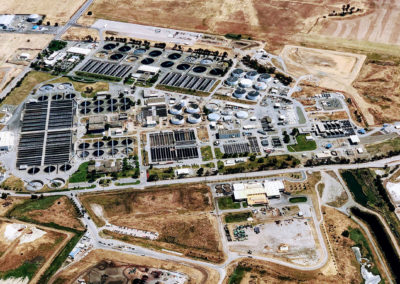
State-and-transition Modelling
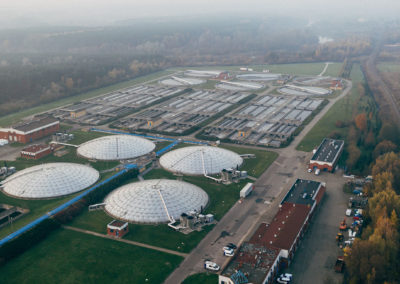
Agent-based Modelling
Methods for analysing systems – directly informing decision-making

Decision Analysis based on Optimisation
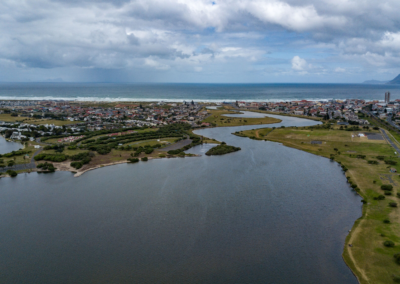
Flow and Impact Analysis

Ecosystem Service Modelling

